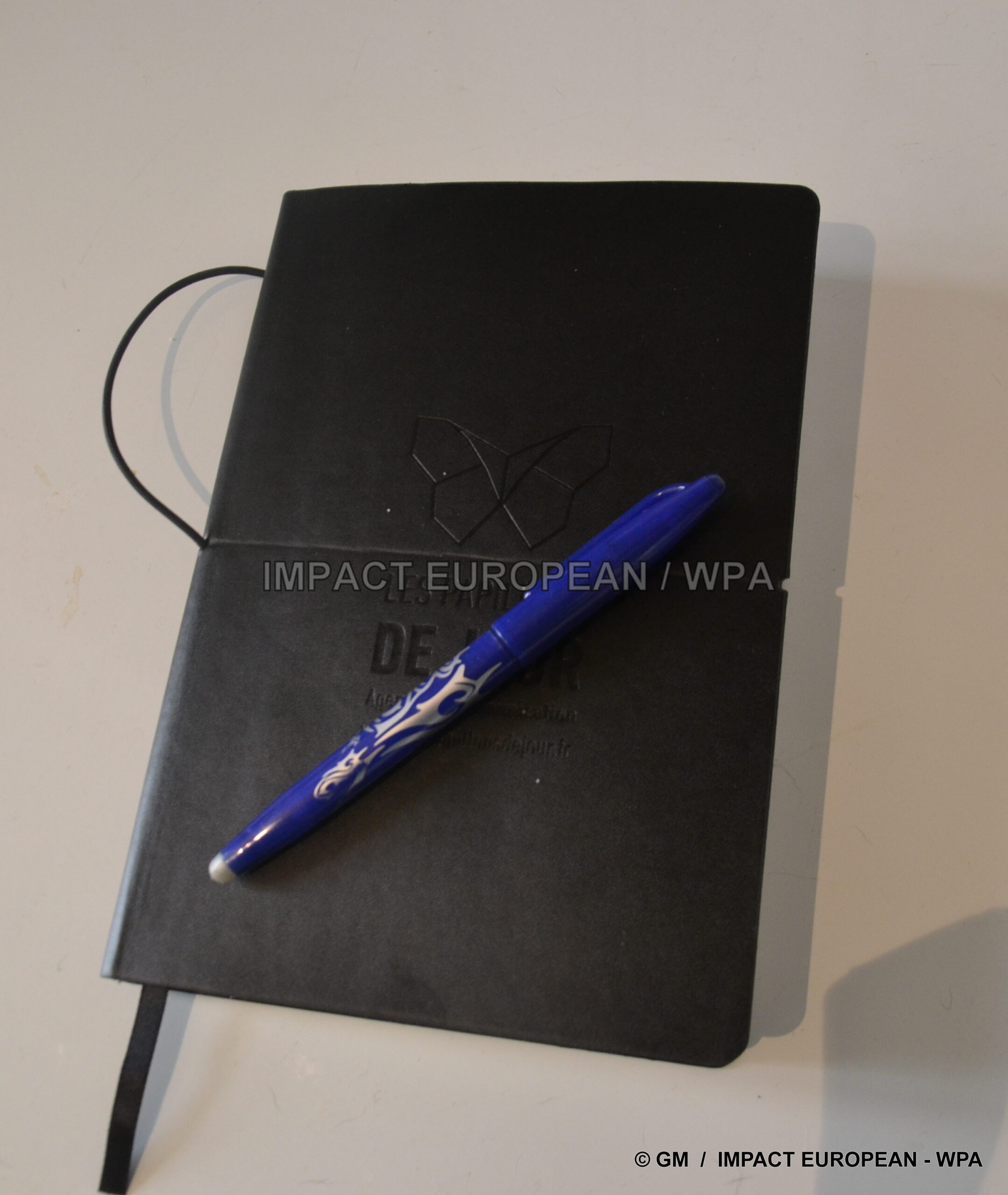The 28 of the EU arrived Friday, in spite of the oppositionde Germany, with a first compromise in order to reform the copyright, so that the platforms remunerate best the editors of press and artists for their productions online.
“That lasted a long time, but the process of adoption of the proposal for a Directive “copyright” has just been crossed. The Bulgarian presidency of the EU has from now on the mandate to start of the negotiations with the European Parliament”, a spokesperson of the Bulgarian permanent representation at the EU, Elitsa Zlateva tweeté. The European Parliament however still did not stop its position on the matter. It should do it in June as soon as possible.
Join together Friday in Brussels, the ambassadors of the 28 Convention countries succeeded in getting along in the majority qualified on a compromise text presented by Bulgaria, which takes the semi–annual rotating presidency of the Union.
The reform of the copyright is the target of criticisms, the platforms but also of the Member States of the north of Europe and Euro–MP of liberal trend, and certain lawyers, who reproach him for supporting the most known press groups to the detriment of the independent media and of the startups and for being likely to block freedom of expression.
Proposed by the European executive, this close right should allow the newspapers, magazines, but also at the news agencies like the AFP, which is estimated plundered their contents by the aggregators of information like Google News, to be made remunerate.
The CCIA (Computer & Communications Industry Association), a lobby of the digital platforms, immediately rose against the adopted text “which will cause”, according to it, “of the irrevocable damage to the fundamental European rights, with the economy, competitiveness and the creativity”.
The minister Frenchwoman of the Culture, Françoise Nyssen, was delighted at once by this “first result” after 18 months according to negotiations.
The arrival of Internet indeed put at evil the traditional economic model of the press, the editors seeing to crumble their sales paper and their advertising revenues.
“The agreement records creation, at the European level, of a right close for the editors to press, making it possible to ensure a remuneration right and specific during the re–use online of their productions, including the short extracts”, Mrs. Nyssen in an official statement was pleased.
Second bone of contention on which the 28 granted their violin: the Commission proposal to oblige the platforms of division of videos, like YouTube or Dailymotion, to deploy technologies allowing automatically to detect songs or the audio–visual works identified by the holders of rights and in front of being either authorized, or removed.
The objective being to reinforce the capacity of the holders of rights to negotiate and be online remunerated for the exploitation of their contents.
“The text reinforces the capacity of the creators to being remunerated by the digital platforms which exploit their works. These last, who called upon until now their statute of simple – shelterers – contents posted by the users, from now on are recognized as responsible as regards copyright”, the minister Frenchwoman underlined.
On remuneration, the request of Germany to exempt the companies with a turnover of less than 20 million euros annual did not pass, specified a source close to the negotiations.

Views: 1



More Stories
Georges Fenech, a Symbol of Renewed Youth, Finds Love Again and Gets Married
Premiere of « Gourou » at Pathé
Rétromobile 2026 – 50 Years of Automotive Heritage, Innovation, and Passion